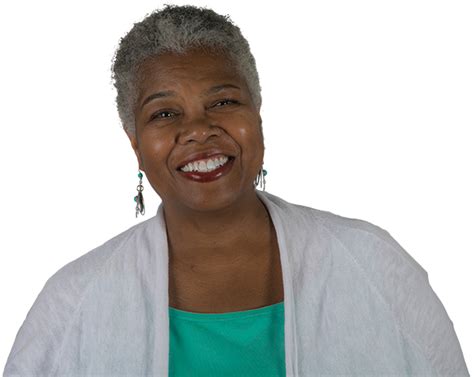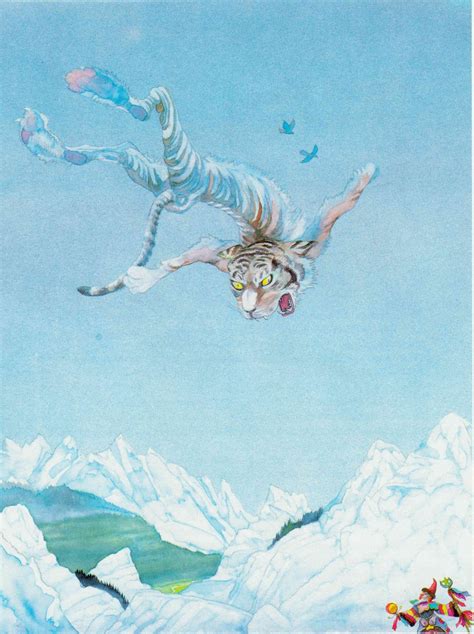A Quote by Gabrielle Zevin
I wish that the adults who are 'in power' cared more about what their children read. Books are incredibly powerful when we are young - the books I read as a child have stayed with me my entire life - and yet, the people who write about books, for the most part, completely ignore children's literature.
Related Quotes
Kids not only need to read a lot but they need lots of books they can read right at their fingertips.They also need access to books that entice them, attract them to reading. Schools...can make it easy and unrisky for children to take books home for the evening or weekend by worrying less about losing books to children and more about losing children to illiteracy.
I've heard people ask, What's so sacred about a classic books that you can't change it for the modern child? Nothing is sacred about a classic. What makes a classic is the life that has accrued to it from generation after generation of children. Children give life to these books. Some books which you could hardly bear to read are, for children, classic.
The young adult literature is relatively new - it just kind of exploded in the 2000s. When I grew up, there weren't bookstores with sections dedicated to teen lit, nor was my generation raised reading books written specifically for us. Because of that, today we still think of books for teens as children's books and so when you write a book that includes sensitive topics, it just seems even more controversial. What's troubling to me about that is these are issues adults know that teens deal with. Not writing about them makes them something we don't, or can't talk about.
There are 500 reasons I write for children.... Children read books, not reviews. They don't give a hoot about the critics.... They don't read to free themselves of guilt, to quench their thirst for rebellion, or to get rid of alienation. They still believe in God, the family, angels, devils, witches, goblins, logic, clarity, punctuation, and other such obsolete stuff.... They don't expect their beloved writer to redeem humanity. Young as they are, they know that it is not in his power. Only the adults have such childish illusions.
Certainly I do not wish that instead of these masters I had read baby books, written down to children, and with such ignorant dullness that they blunt the sense and corrupt the tastes of the still plastic human being. But I do wish that I had read no books at all till later - that I had lived with toys, and played in the open air. Children should not cull the fruits of reflection and observation early, but expand in the sun, and let thoughts come to them. They should not through books antedate their actual experiences.


































